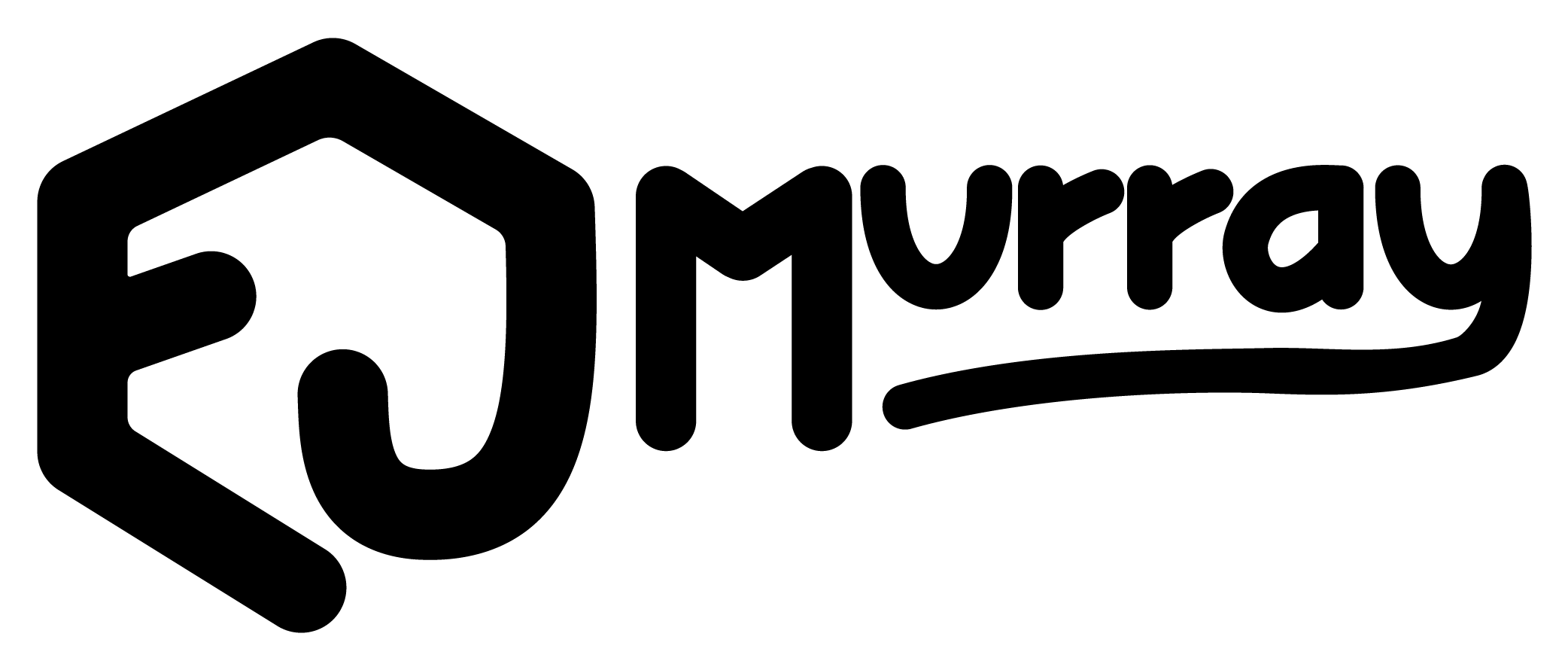The SCWA Conference is over (sadness) and now that I’m home, I can transcribe some of what I’ve learned for your edification and amusement. I’ll be posting a photo album over on the official website.

Friday afternoon I signed up for Leigh Stein’s Tailgate Workshop “How to Pitch Your Book.” Wow, did we learn a lot! Leigh is an entertaining speaker and she explains her concepts so they make perfect sense. First, she said, we need to ask ourselves one question: “How will your book change a reader’s life?”
We then looked at the concept formula, which is the original way your story is told; the story only you can tell. This is something that, if you can figure it out for your book, makes it easy for readers to talk about your novel. Our first exercise was to find adjectives for our books. Leigh asked us to find answers to the statement “I want my readers to…” You can put “laugh out loud,” “be swept away by adventure,” “have an escape from their life,” or “see through a new perspective” — or any other way you want to finish that statement. Once you’ve decided on that, find adjectives to describe each of those goals. If you want them to laugh out loud, your adjectives could be “witty,” “hilarious,” or “cheeky,” for example.
Next up was the dreaded Comp Title Selection. Leigh gave us plenty of advice on this, such as “Your influences are probably NOT comps,” “Comps need to be in your book’s category,” “You don’t have to love your comp titles!” “Choose books that are popular, but not blockbuster hits,” and “You can also use (living) authors instead of one book title.” One way to introduce the comp titles into your pitch is to call it “X Meets Y” (with X and Y being titles).
We then practiced with a “Mad Libs” type sentence: “For fans of (COMP TITLE) and (COMP TITLE), this is a (ADJECTIVE), (ADJECTIVE) (1-2 CATEGORIES).
Another way to state the concept of your book is to say “When (CONFLICT) happens to (PROTAGONIST), they must (DO/OVERCOME/FIND) _______________ or else (STAKES). We then added another line to our “Mad Lib” – after the categories, include “about (BRIEF CONCEPT).
Your designing principle is the original execution of your story; how it’s told that makes it different from every other similar novel. The phrase “told in the form of (or from the perspective of)” can help you sort this out, for example. Try adding that to your “Mad Lib” sentence after the concept.
We then produced our “Mad Lib” statements and Leigh critiqued them in real time, which was invaluable.
The next class I attended, Saturday morning, was Leigh’s “Plotting Begins With Character.” She drew from two main sources: John Truby’s The Anatomy of Story and Dwight Swain’s Techniques of the $elling Author.
We talked specific ways to structure your story plot so that your character’s wants, needs, weaknesses, and goals add to the plot and make your story more interesting. Other classes available at the same time included Ed Southern’s “Weaving in Research Without Losing the Thread.” Gary Jackson’s “Poetry Roundtable,” “Submission Strategies” with Amber Wheeler Bacon, Duncan Murrell, & Jonathan Bohr Heinen, and David Lerner’s “Generate by the Beach” session.
After lunch Saturday, we were offered Jessica Lee Richardson’s “Setting as Structure,” which was a hands-on exercise in weaving setting into your story. There was also an Agent’s Q&A with Amy Bishop and Felice Laverne, and Ashley M. Jones’ “What’s Form Got to do With It?” I went to the “Queryfest,” which analyzed a series of our real query letters and offered pointers, tips, and best practices for us. Quite informative. We also had a conversation with Ashley M. Jones and Gary Jackson at the library and a Faculty Meet & Greet/Book Signing at Litchfield Books.
After dinner, we had a rowdy “Open Mic Night,” with Yvette Murray at the helm. Despite our unfamiliarity with speaking through a microphone, most of us managed to get the hang of the thing and deliver our 3-minute readings. We had some great pieces offered to us and a good time was had by all.
Sunday morning we had the SCWA Town Hall for the organization’s business (fill out your surveys, people! And volunteer!), a panel session with Susan Zurenda, Ed Southern, and Litchfield Books co-owner Olivia Meletes-Morris. They talked about “How to Build a Writing Career in the Carolinas.” And finally, many of us stayed for “Slushfest,” where Agent Felice Laverne, Editor Jonathan Bohr Heinen, & Editor Duncan Murrell took apart our first pages and told us when they’d stop reading (or if they’d turn the page). As with “Queryfest,” this was a wonderful chance to see some real-time critiques by the experts, and to see some of the things that would make them stop reading your manuscript.
This was a fantastic conference and I enjoyed everything I was able to attend (and wished I could split myself into a few clones so I could experience everything at once). If you weren’t able to join us, please consider coming next time – you won’t be sorry. And remember to thank our board for going above and beyond to produce a superior conference for everyone!
What did you learn from the conference? Got any photos you’d like to post?
